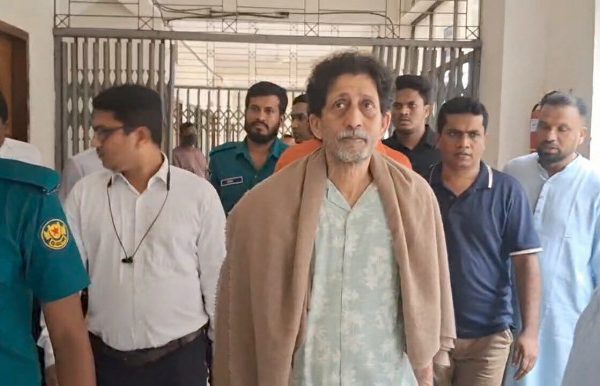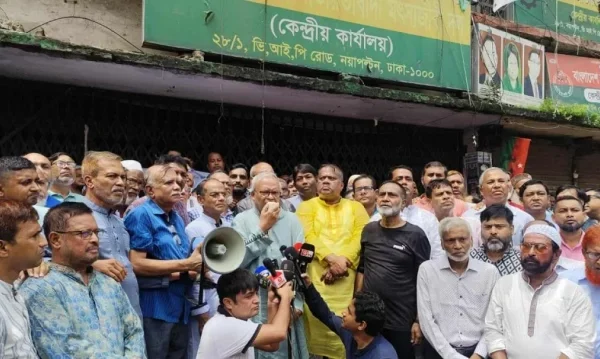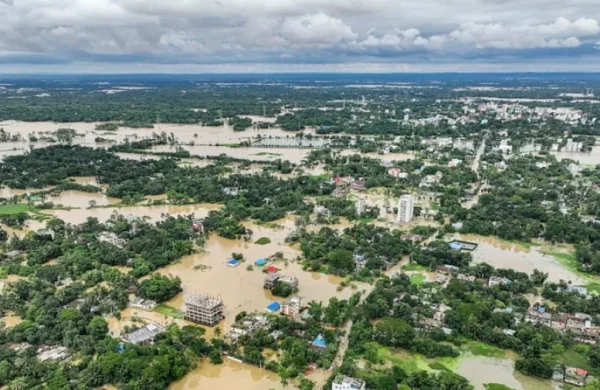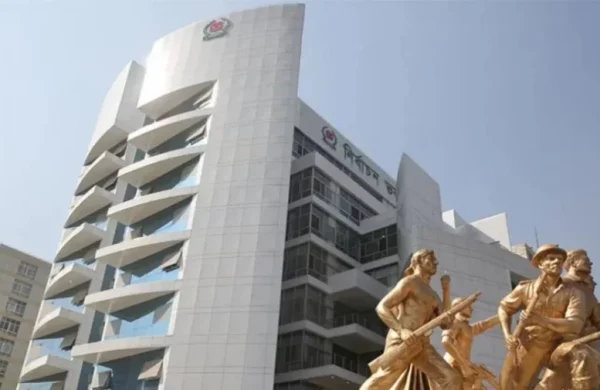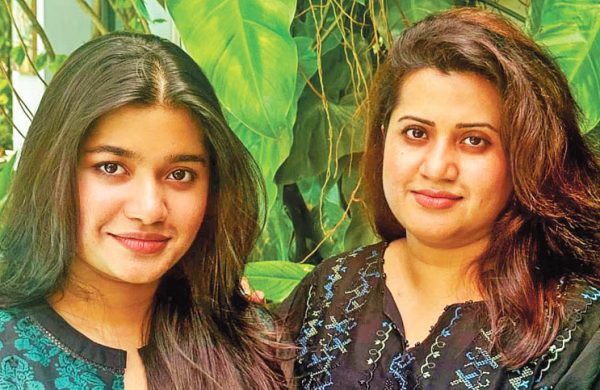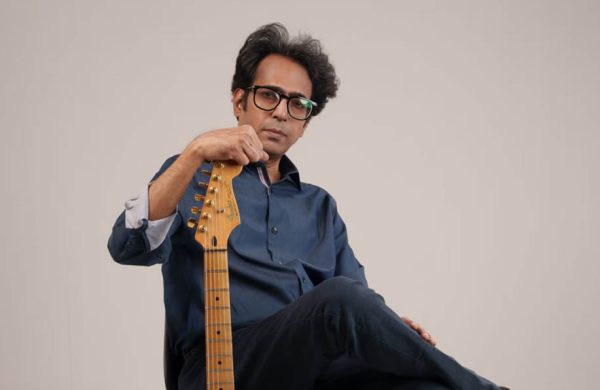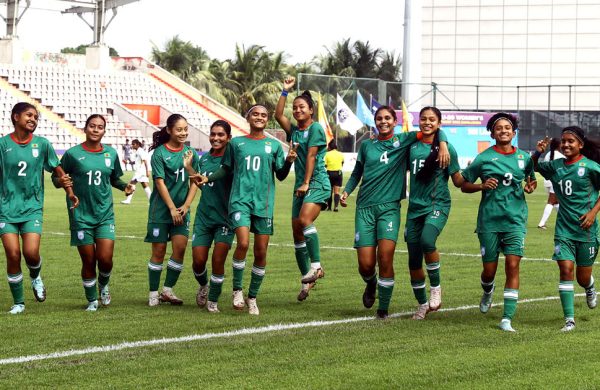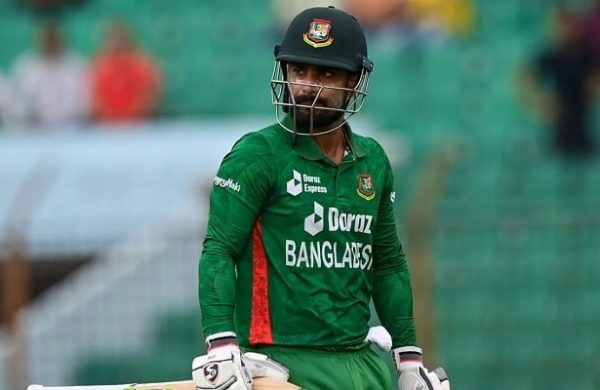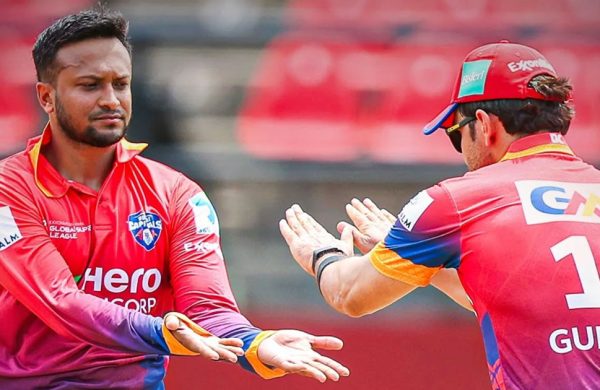Violent Crackdowns During July-August Uprising: Interim govt urged to ensure accountability for protest killings, support survivors
- Update Time : Tuesday, November 12, 2024
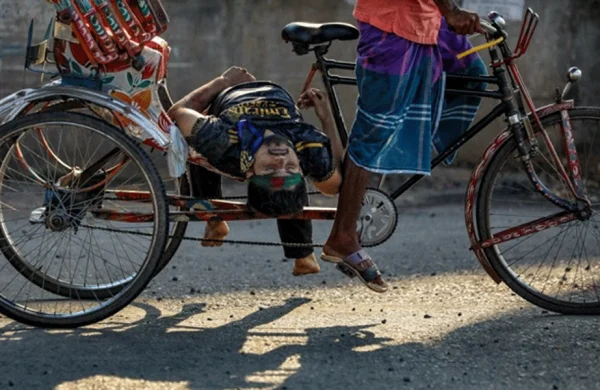
TDS Desk
The international community has voiced concerns regarding violent crackdowns took place in recent months on peaceful protests in Bangladesh, implicating security forces and political groups in excessive and deadly force against civilians.
Fortify Rights, a human rights organisation, released findings on Tuesday from a comprehensive investigation into these events, urging Bangladesh’s interim government to hold perpetrators accountable and support families affected by the violence.
The violent incidents in question occurred in July and August 2024, during mass protests that took place across major Bangladeshi cities such as Dhaka, Chattogram, and Cox’s Bazar. These demonstrations were largely led by students and other groups affiliated with the Anti-Discrimination Student Movement, calling for governmental transparency and accountability. According to Fortify Rights, the former ruling Awami League party, under Prime Minister Sheikh Hasina, played a direct role in the violent suppression of these gatherings.
In August and September 2024, Fortify Rights conducted interviews with 44 survivors, eyewitnesses, and relatives of the victims. Their accounts describe brutal acts of violence, including the use of live ammunition and indiscriminate firing by security forces such as the police and Border Guard Bangladesh, along with pro-government groups, including the Chhatra League and Jubo League, affiliated with the Awami League. The Health Ministry later reported more than 1,000 protest-related deaths over the two months.
Numerous personal accounts from victims and eyewitnesses reveal the scale and brutality of the crackdown. One of the most harrowing cases involves Sajedur Rahman Omar, a 22-year-old IT student who was shot and killed during a peaceful protest in Dhaka on 21 July. A friend who witnessed the killing recounted that they were part of a small protest of about 60 students and youth, all unarmed. The police allegedly fired live ammunition without provocation, resulting in Omar’s death.
Similarly, in the Dhanmondi area of Dhaka on 19 July, Mohammad Shuvo, a 16-year-old bystander, was fatally shot while assisting an injured protester. His mother, a nearby resident, described how helicopters dropped tear gas and live bullets over the crowds, targeting students and civilians alike.
In yet another incident in Mohammadpur, Dhaka, police reportedly shot 19-year-old Mahamudur Rahman Shoikot in the head as he tried to evade advancing officers. A shop owner who witnessed the killing shared that the excessive gunfire left bullet marks on nearby buildings and that Shoikot died instantly from his injuries.
The aftermath of these killings compounded the suffering for the victims’ families, as police and government officials frequently delayed releasing the bodies. A man attempting to claim the body of his nephew, Maruf Hossain, recounted a days-long ordeal involving bureaucratic hurdles and conflicting orders from police and hospital officials. Hossain was shot in the stomach during a protest on 17 July and died en route to Dhaka Medical Hospital. His family only recovered his body after six days and multiple attempts across various police stations and morgues.
A similar case involved Abdul Hudud Akon, a 45-year-old man fatally shot by police on 19 July in Dhaka. Despite his family’s persistence, officials required them to sign a statement falsely attributing Akon’s death to actions by protesters before releasing his body.
The violent crackdowns in Bangladesh have raised alarm on an international scale. Under international human rights law, Bangladesh is bound by the Universal Declaration of Human Rights and the International Covenant on Civil and Political Rights, both of which uphold citizens’ right to peaceful assembly. Bangladesh’s Constitution also guarantees the right to peaceful protest, subject only to reasonable restrictions.
According to the UN Code of Conduct for Law Enforcement Officials and the Basic Principles on the Use of Force and Firearms, law enforcement should only use force when absolutely necessary, ensuring that it is proportionate and restrained. Fortify Rights’ findings indicate that these standards were disregarded, as security forces targeted protesters’ heads and faces with both lethal and non-lethal ammunition.
John Quinley, Director at Fortify Rights, emphasized that the current interim government must prioritize accountability to break the “culture of impunity” surrounding these incidents. Quinley stated, “The architects of violence, including former Prime Minister Sheikh Hasina, should be held accountable,” adding that only through systemic reform and justice for past atrocities, including extrajudicial killings and enforced disappearances, can lasting peace and security be achieved in Bangladesh.
In line with these demands, the International Crimes Tribunal in Bangladesh, established under Bangladeshi law to address crimes against humanity, issued arrest warrants in October for former Prime Minister Hasina and over 40 individuals allegedly involved in “massacres, killings, and crimes against humanity” related to the protest suppression.
In August 2024, at the request of the interim government, the U.N. Office of the High Commissioner for Human Rights initiated a fact-finding mission to investigate and recommend actionable measures to prevent future abuses. Additionally, on 17 October, Special Assistant Mahfuj Alam announced compensation of approximately $88,000 (30 lakh taka) to the families of “martyred” members of the Anti-Discrimination Student Movement. The interim government has further sought assistance from international donor governments to support accountability efforts and justice for victims’ families.
Civil society in Bangladesh has largely rallied in support of the victims, calling for swift and thorough investigations into the actions of both the security forces and political affiliates responsible for the crackdown. Many have taken to social media and other platforms to commemorate those lost in the protests and demand systemic changes to prevent future abuses.
However, some activists express concerns over potential delays in achieving justice. “It’s a long road ahead,” stated a student leader from Dhaka University, “and we need international support to keep the momentum going.”
As Bangladesh approaches critical national elections, accountability for these violent events remains paramount to restoring public trust in governmental and security institutions. Fortify Rights and other human rights organizations stress that the interim government’s response will be a defining factor in Bangladesh’s political future and its commitment to human rights.
The international community has urged Bangladesh to uphold the rule of law and protect the rights of peaceful protesters. Whether the interim government will enact the necessary reforms and take meaningful steps towards justice remains to be seen, but the resolve of Bangladesh’s civil society suggests that accountability is a demand that will not be easily silenced.


